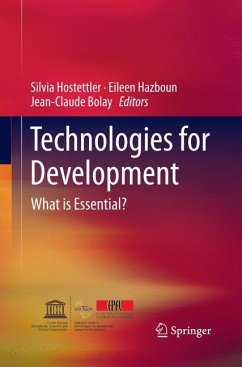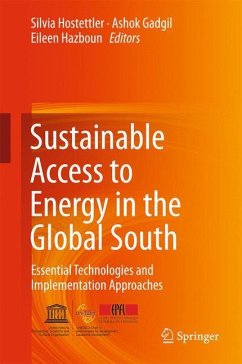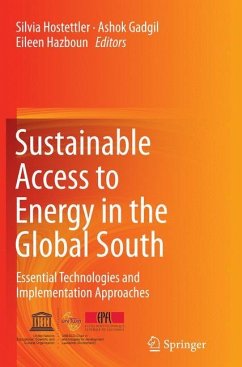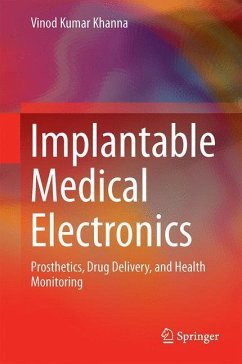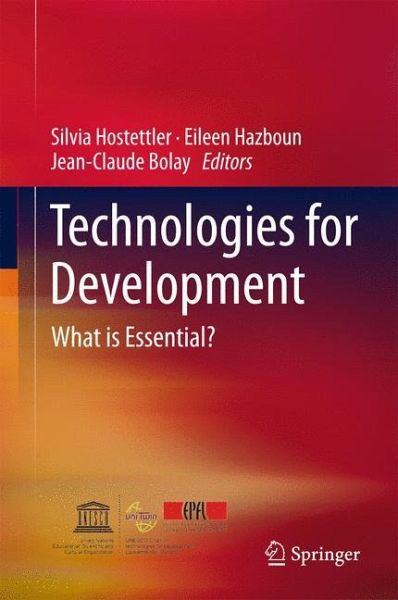
Technologies for Development
What is Essential?
Herausgegeben: Hostettler, Silvia; Hazboun, Eileen; Bolay, Jean-Claude

PAYBACK Punkte
57 °P sammeln!
The book presents case studies from Africa, Asia and Latin America addressing global development issues in the fields of health, energy, ICT and urbanism in an interdisciplinary way. The book illustrates key issues at the interface of technology, human, social, and economic development. Bringing together the best papers of the 2014 EPFL-UNESCO Conference on Technologies for Development, this book explores innovative technologies in the global South. It will be a valuable reference for researchers from engineering, natural sciences, information management, quantitative social sciences, and busi...
The book presents case studies from Africa, Asia and Latin America addressing global development issues in the fields of health, energy, ICT and urbanism in an interdisciplinary way. The book illustrates key issues at the interface of technology, human, social, and economic development. Bringing together the best papers of the 2014 EPFL-UNESCO Conference on Technologies for Development, this book explores innovative technologies in the global South. It will be a valuable reference for researchers from engineering, natural sciences, information management, quantitative social sciences, and business faculties, as well as for development practitioners and policy makers.
It shows the development potential of technologies, and discusses successful processes to develop and deploy them, as well how to evaluate their impact. The introduction to the book begins with a reflection on key issues regarding technologies for development. The following four sections focus on; (i) Innovative Technologies for Development, (ii) Open Source-Open Access-Open Innovation, (iii) Medical Technologies for the Global South, and (iv) Impact Assessment of Technologies for Development. Individual chapters explore issues such as a need for solid standards for newly developed technologies, how to successfully up-scale technology to a larger region, and how to involve private industry in the development of a technology.
It shows the development potential of technologies, and discusses successful processes to develop and deploy them, as well how to evaluate their impact. The introduction to the book begins with a reflection on key issues regarding technologies for development. The following four sections focus on; (i) Innovative Technologies for Development, (ii) Open Source-Open Access-Open Innovation, (iii) Medical Technologies for the Global South, and (iv) Impact Assessment of Technologies for Development. Individual chapters explore issues such as a need for solid standards for newly developed technologies, how to successfully up-scale technology to a larger region, and how to involve private industry in the development of a technology.




